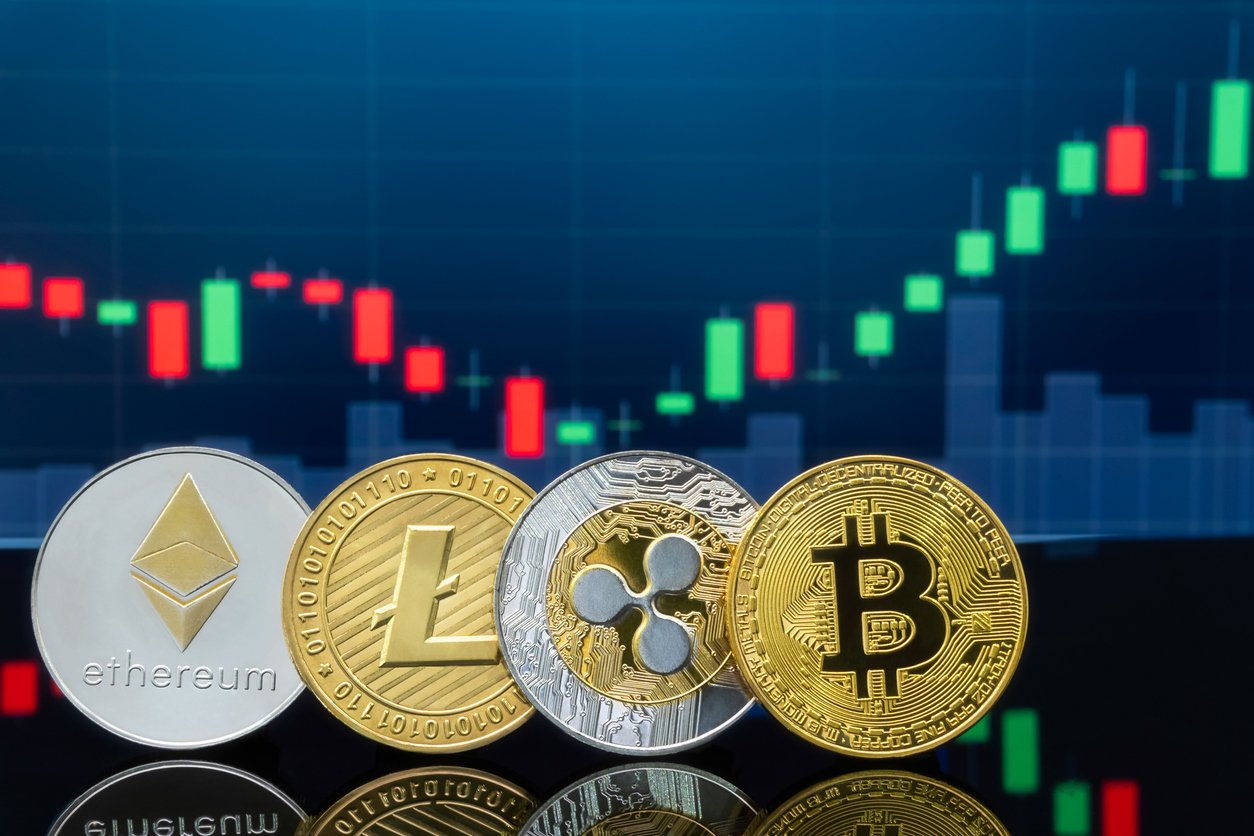Digital assets may be the hottest asset class in decades with approximately $10.2 billion of them currently under management, but the buy-side middle and back offices find it difficult supporting the novel assets, concluded a white paper recently published by technology and data-services provider Libra.
The problems likely will only compound as the popularity of digital currency, securities tokens, and other crypto assets continue to grow. In 2018, one in five new hedge funds were crypto funds, which brought the total number of crypto funds to more than 700 operating funds according to the authors.
"Up to the last six months, there were a lot of questions whether this was its own asset class," Jeremy Drane, chief commercial officer at Libra told IntelAlley. "That question has been asked and answered. The next question is whether our current infrastructure supports it. That question has been asked and answered, and the answer is that it does not."
Too many asset managers assume when first dipping their toes into digital assets that the digital assets behave similarly to the assets with which they share their names.
“On one hand, they have the same name since they are called futures or options, which you buy to do certain things," said Drane. "On the other hand, when you look under the covers, and you look at how they are built in crypto instead of your standard financial engineering, you see that they are very different. As a consequence, the ability to process that derivative so that you can correctly account for gains, losses, and fees is quite a bit different in crypto."
Unlike typical transactions in which a party pays for a capital asset in fiat, many digital transactions involve exchanging one capital asset, such as bitcoin, for another capital asset, such as ethereum. Institutional investors can complicate the P&L calculations of these digital-to-digital transactions even further by paying the transaction fee in yet a third capital asset.
“We are used to having the fee in fiat where we would add that fee to the purchase price to create our cost basis,” he added. “Well, that fee is not in fiat, but a third capital asset. What do we do with it? You have to treat the fee as a disposal event, and that type of accounting does not exist anywhere but crypto."
The pricing and valuation of digital assets also pose a problem since there is no commonly accepted methodology for converting the prices of digital assets like bitcoin into US dollars under Generally Accepted Accounting Principles.
Drane noted that financial regulators are working with accounting firms to address the issue.
In the meantime, institutional investors continue to diversify their digital holding beyond cryptocurrencies.
"We expect to see security tokens starting to show up in the very near future,” said Drane. “Crypto bonds certainly are things that are coming in the future but currently more so are in the R&D lab."















